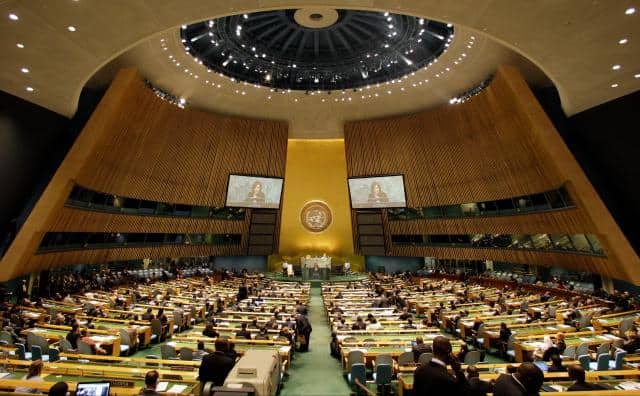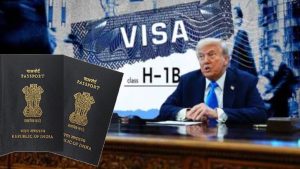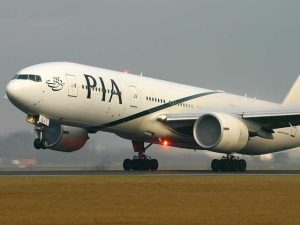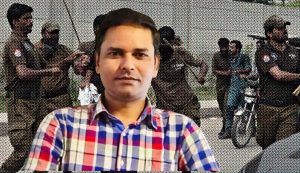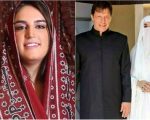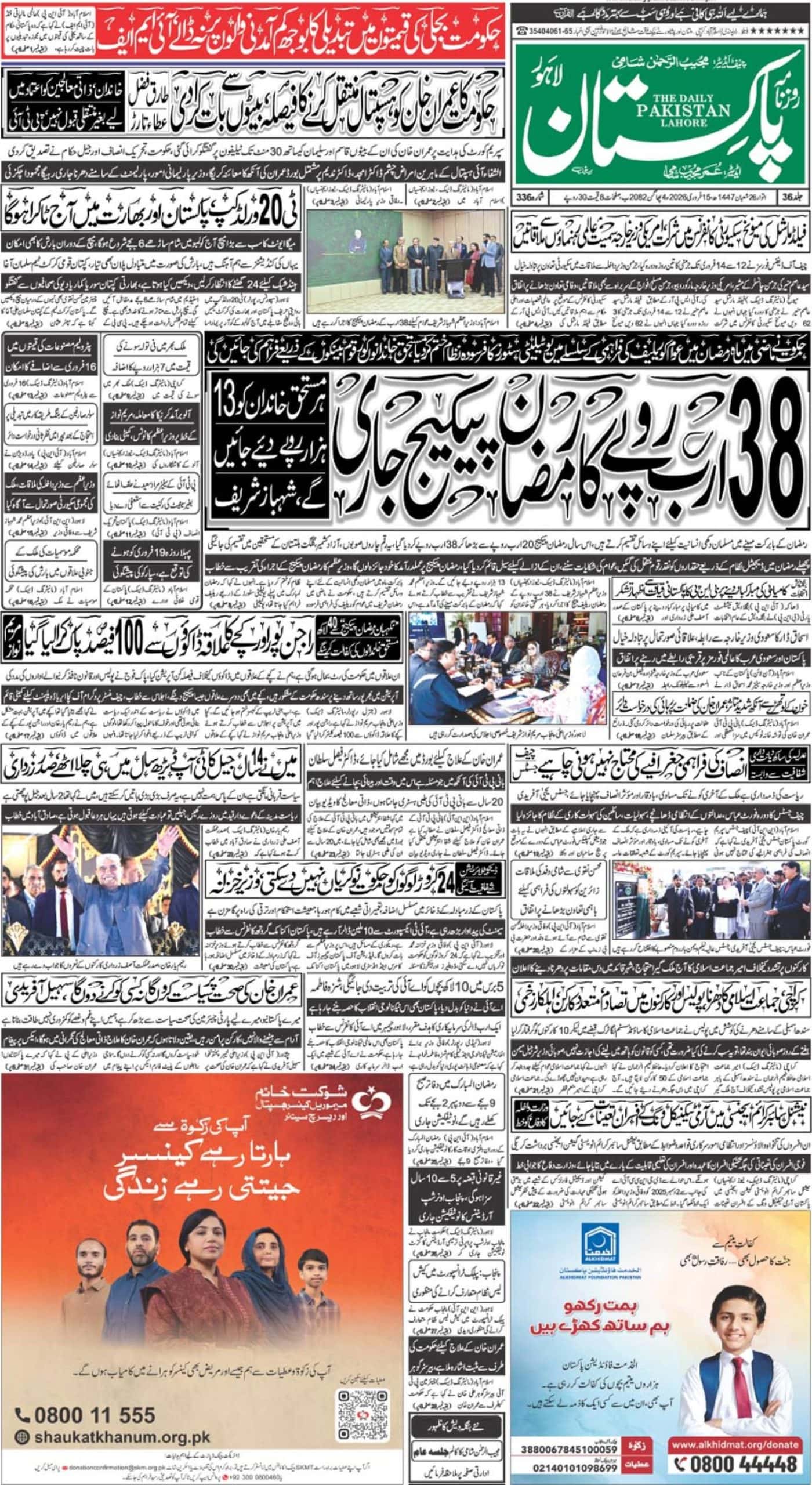UNGA (United Nations General Assembly) is a platform where world leaders from all the member countries meet and discuss important issues related to human right issues, disputes and conflicts amongst nations, economic and social growth etc etc.
Pakistan was given membership to UN right after independence. Even since then Pakistan’s representatives have delivered 69 speeches. Following are the extracts from what was said by our leaders during first and last ten years at UNGA.
27th September, 1948, 3rd session of UNGA
Pakistan made its maiden appearance in UNGA at its 3rd session and Sir Mohammad Zafarullah Khan represented Pakistan.
Sir Zafarullah, in his speech expressed disappointment over the slow pace of progress in security and maintaining the international peace. He on behalf of Pakistan criticized the war, colonial regime and atrocities being carried out in Palestine. Mr. Khan, apart from commenting on issues of international interest, pleaded for the attention of World leaders towards the violent issue between the State of Hyderabad and India.
Keeping in mind, it was the debut appearance of Pakistan, the first speech delivered was firm, relevant and had strong stance in favor of humanism and against oppression.
24th September, 1949, 4th session of UNGA
Sir Mohammad Zafarullah Khan led the delegate of Pakistan to United Nations General Assembly.
Sir Zafarullah began the address by appreciating the efforts of United Nations to achieve the set goals in economic, social and humanitarian fields. He brought the case of State of Hyderabad back to spotlight and emphasized on immediate attention to the subject which was already listed as item 11 of matters related to the maintenance of International peace.
Mr. Khan told General Assembly that Pakistan supports all the efforts of UN for International peace and is in favor of solving issues and disputes in a peaceful manner. He further said that this peaceful approach of Pakistan needs to be met in between by India on the matters of accession of Kashmir and appointment of the waters of the rivers which had been cut across by the drawing of the boundary line between India and West Pakistan.
25th September, 1950, 5th session of UNGA
Sir Mohammad Zafarullah Khan, for the third time, represented Pakistan at the 5th session of UNGA.
Mr. Khan while addressing the UNGA emphasized on dealing with the economic crisis with same urgency as political issues. He expressed concerns over the Korean conflict and the threats it may pose to international peace. Sir Zafarullah appreciated the efforts of UN in resolving the Korean issue and criticized the UN Security Council for not responding so vigorously and so forcefully to Kashmir.
Apart from talking on these issues of international concerns, Mr. Khan on behalf of Pakistan favored the admission of China into UN and criticized the treatment to which Spain has been subjected in UN.
14th November, 1951, 6th session of UNGA
Sir Mohmmad Zafarullah Khan again took the stage at UNGA to address the assembly for the fourth time on behalf of Pakistan.
Mr. Khan kept his head high and criticized the ambiguous policy of UN over new admissions. He said that UN is, or at least could be, a great organization. It was not designed, and it must safeguard itself against the tendency, by now clearly observable, to pull it down into the arena of power politics.
12th November, 1952, 7th session of UNGA
The delegation of Pakistan was led by Sir Mohammad Zafrullah Khan for the 5th time.
In his speech, he emphasized on the importance of peace for the social and economic prosperity. He shared Pakistan’s concerns on failure of UN to resolve disputes and conflicts in Korea and Kashmir.
Pakistan’s stance was peace oriented, brief and strong
18th September, 1953, 8th session of UNGA
Sir Mohammad Zafrullah Khan delivered the speech to UN general Assembly on behalf of Pakistan.
In his speech he highlighted Pakistan’s concern over the situation in Korea, in Indo-China, in Tunisia, in Morocco or elsewhere where man was being dominated by man in terms of political domination and economic exploitation.
The speech offered a deep understanding of how intertwined the political and economic situations are for peacekeeping.
28th September, 1954, 9th session of UNGA
Pakistan sent Sir Mohammad Zafrullah Khan to present Pakistan’s stance at the 9th session of UNGA.
Pakistan supported the scheme for the pooling of atomic energy for peaceful use while commenting on the first manifestation of it as destructive. Mr. Khan in his speech said that Pakistan has kept up and will continue supporting the charter of UN and support every states right to freedom.
Pakistan in these years had emerged at UN as peace loving democratic state.
3rd October, 1955, 10th session of UNGA
Mr. Mohammad Ali attended the session on behalf of Pakistan.
In his address to the UNGA, Mr. Ali while emphasizing on the issues of sheer importance for International Peace addressed the issue of disarmament, the reunification of Germany, the security of Europe and the threat of International political subversion.
29th November, 1956, 11th session of UNGA
Mr. Firoz Khan Noon represented Pakistan at the general assembly of United Nation.
While addressing the assembly, Mr. Khan, extended good wishes to the nineteen new additions to UNGA particularly to Tunisia and Morocco, the struggle of independence of whom was supported by Pakistan.
Firoz Khan, in his speech, spoke about the Arab-Israel dispute and violation of UN charter by Egypt and India.
30th September, 1957, 12th Session of UNGA
Mr. Firoz Khan Noon appeared before UNGA for the 2nd time to represent Pakistan.
Mr. Noon raised the issue of Kashmir, questioned the silence of UN on the issue even after a decade has been passed and criticized the ‘diplomacy of reconciliation’ by UN. He further emphasized on finding peaceful solution for Palestine, the war between France and people of Algeria, Hungarian crisis and the issue of Cyprus.
Mr. Noon in his speech addressed the issues of disarmament, economic developments and social welfare.
The Last ten Years of Pakistan at UNGA
50 years later, a change in tone was visible in the address by Pakistan to UNGA. The nature of issues was changed too.
2nd October, 2007, 62nd Session of UNGA
The 62nd session of Pakistan was attended by Mr. Riaz Mohammad Khan.
Mr. Khan, while speaking to the world leaders, addressed the uprising of terrorism, violence, widening division among the cultures and societies and prejudice amongst the nations. He addressed the unresolved conflicts in Palestine and Kashmir and the new and growing conflicts in Middle East, Iran, Iraq and Afghanistan. He further informed the members of UN about the peace efforts by Pakistan to ensure for peace to prevail in the region.
25th September, 2008, 63rd session of UNGA
The 63rd session of UNGA was attended by Mr. Asif Ali Zardari.
Mr. Zardari began the address by asking Justice for late Benazir Bhutto and presented the case of Pakistan as a terror struck country. He in his speech linked the spread of terrorism to the birth of Al-Qaeeda in Afghanistan and Tribal Areas of Pakistan and traced it back to the involvement of world’s super powers in Afghanistan during 1980’s. He shared a hope for a peaceful, prosperous Pakistan which will counter all the negative predictions about it.
25th September, 2009, 64th session of UNGA
Mr. Asif Ali Zardari led the delegation of Pakistan at UNGA’s 64th session.
Mr. Zardari in his speech talked about the victory of democracy over militancy in Pakistan. He briefed UN about the operation being carried out in Malakand by Law Enforcement agencies and the difficulties aroused for government due to 2.5 million IDP’s.
He also, emphasized on resolving the conflict in Palestine and immediate release of Aung San Suu ki from house arrest.
28th September, 2010, 65th session of UNGA
Makhdoom Shah Mehmood Qureshi represented Pakistan at UNGA’s 65th session.
Mr. Qureshi in his address briefed the world leaders about troubled time Pakistan was facing due to spread of terrorism, flooding due to climate changes and the burden of refugees from across the border. He presented Pakistan’s stance on the disarmament and non-proliferation, issue of Kashmir and killings of more than 100,000 Kashmiris at the hand of Indian forces, the huge loss of life in Pakistan due to terrorism and Pakistan’s attempts for International Peacekeeping.
27th September, 2011, 66th session of UNGA
Hina Rabbani Khar, on the behalf of Pakistan, addressed UNGA.
Ms. Khar briefed UNGA about the damage done to Pakistan due to heavy monsoon. She addressed the emerging monster of terrorism and spoke about the need to explore the issue of organizing, financing, arming, supporting and abetting terrorist.
Ms. Khar said that UN needs to remember Pakistan’s effort for peacekeeping and the huge success attained by the joint operations of ISI and CIA.
25th September, 2012, 67th session of UNGA
The then president of Pakistan, Mr. Asif Ali Zardari headed the delegation of Pakistan.
Mr. Zardari began his speech by protesting against the blasphemous films and demanded for UN to take action against them. He defended Paksitan’s stance over the accusation of not being able to control terrorism by saying that Pakistan has sacrificed 37,000 civilians in the war against terrorism.
Mr. Zardari registered protest over the issue of drone attacks.
27th September, 2013, 68th session of UNGA
Mr. Mian Mohammad Nawaz Sharif represented Pakistan on stage during the 68th session of UNGA.
Mr. Sharif demanded to put immediate halt to the drone attacks in Pakistan and emphasized that war against terrorism must be waged within framework of International Law.
He also discussed the situation in Kashmir and need for the dialogue between Pakistan and India.
26th September, 2014, 69th session of UNGA
The delegation of Pakistan was led by Mian Mohammad Nawaz Sharif.
In his address to UNGA, Mr. Sharif spoke about the climate issues and how they are affecting the economy. He expressed his disappointment over the failure of UN to work a solution for Kashmir.
Mr. Nawaz said that Pakistan has served as front line for the fight against terrorism and is committed to a balance of power in region via dialogue.
30th September, 2015, 70th session of UNGA
The then Prime Minister Mian Mohammad Nawaz Sharif represented Pakistan at 70th session of UNGA.
He proposed a four point agenda to diffuse the tension between India and Pakistan – aroused due to violations of ceasefire. Mr. Sharif requested the expansion of UNMOGIP to monitor observance of ceasefire.
He, also, presented the idea of mutual withdrawal of Indian and Pakistan forces from one of the highest battle grounds in the world.
21st September, 2016, 71st session of UNGA
Mian Nawaz Sharif addressed the assembly on behalf of Pakistan.
He briefed UNGA about the economic growth of Pakistan and its commitment to integrate the 2030 development agenda. Mr. Sharif said that Pakistan has been fighting the war on terrorism for long and stated that there was a need that world leaders address the issue of ‘externally sponsored terrorism’.
21st September, 2016, 72nd session of UNGA
The newly sworn in Prime Minister Shahid Khaqan Abbasi took the stage to address UNGA.
In his address the Prime Minister expressed Pakistan’s concern over cold war in Europe, war and violence in Middle East, unresolved issues of Palestine and Kashmir and imbalance of power in Asia.
Mr. Abbasi commented on the foreign interventions and civil war in Afghanistan as factors imparting in the terrorism in Pakistan. He further added that Pakistan’s sacrifices for peace and harmony shouldn’t go unnoticed.
If we look at the speeches delivered by Pakistan during first ten years, the content revolved around the emphasis on reconciliation and harmony. Leaders from Pakistan managed to portray Pakistan’s image as a self-sufficient and peace loving nation.
However, the content of speeches delivered by Pakistan during last ten years, depicts the long turbulent journey of nation from advocating every nations right to self-determination, debating on entities which pose threat to the international peace and being a friendly state to defending Pakistan as a possible threat to international peace and fighting off a possible mild international isolation.
The content of these speeches also, tells us about the changes that are taking place internationally. From the end of colonialism and emerging stability all over the world to a much more troubling threat of war and chaos due to foreign intervention and emergence of militant insurgencies. It also tells us about the failures of UN to solve the issues of disputed or conflicted areas.
Today’s world is facing a threat more disturbing, more violent than ever, There is dire need for the world leaders to come together, address these issues and do everything possible to give peace a chance.

